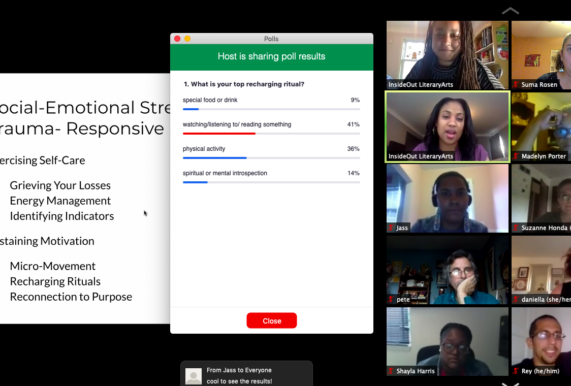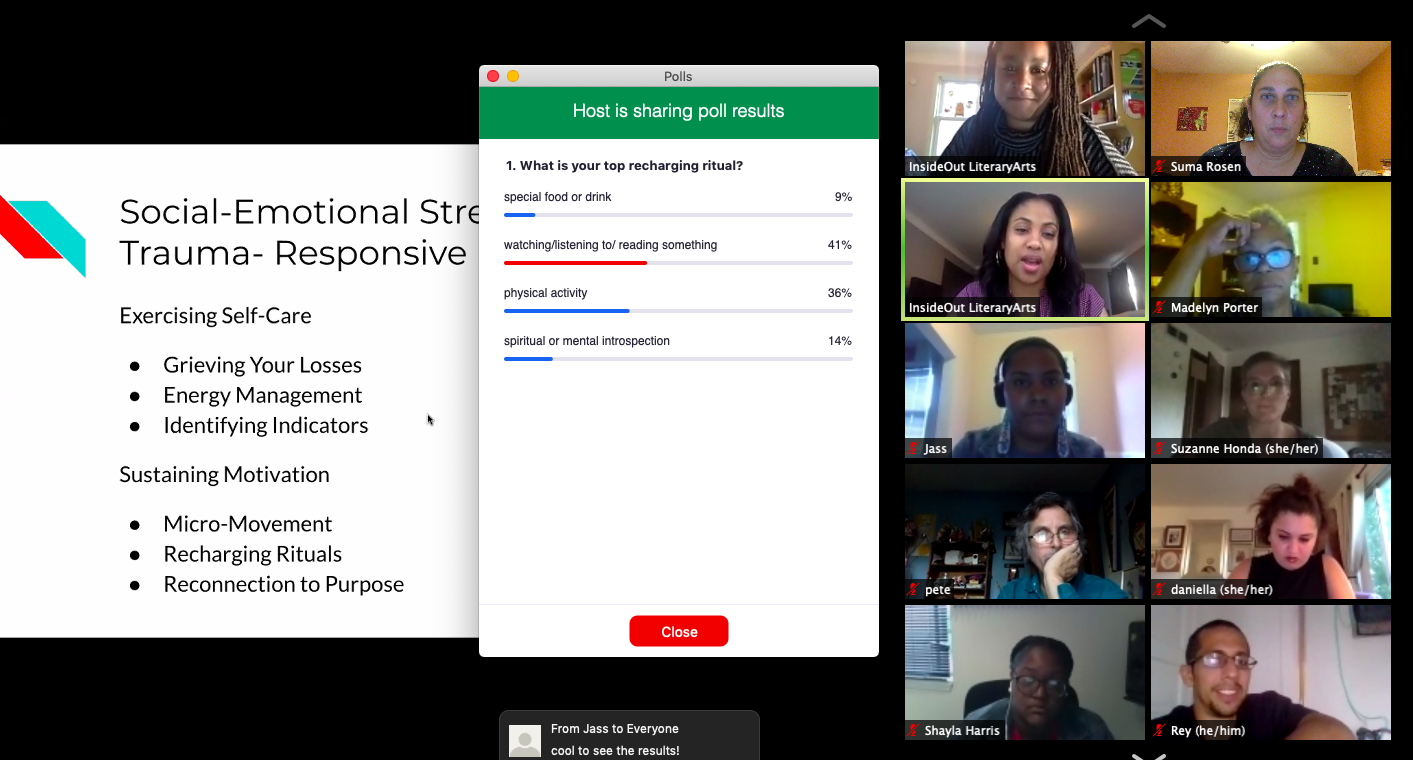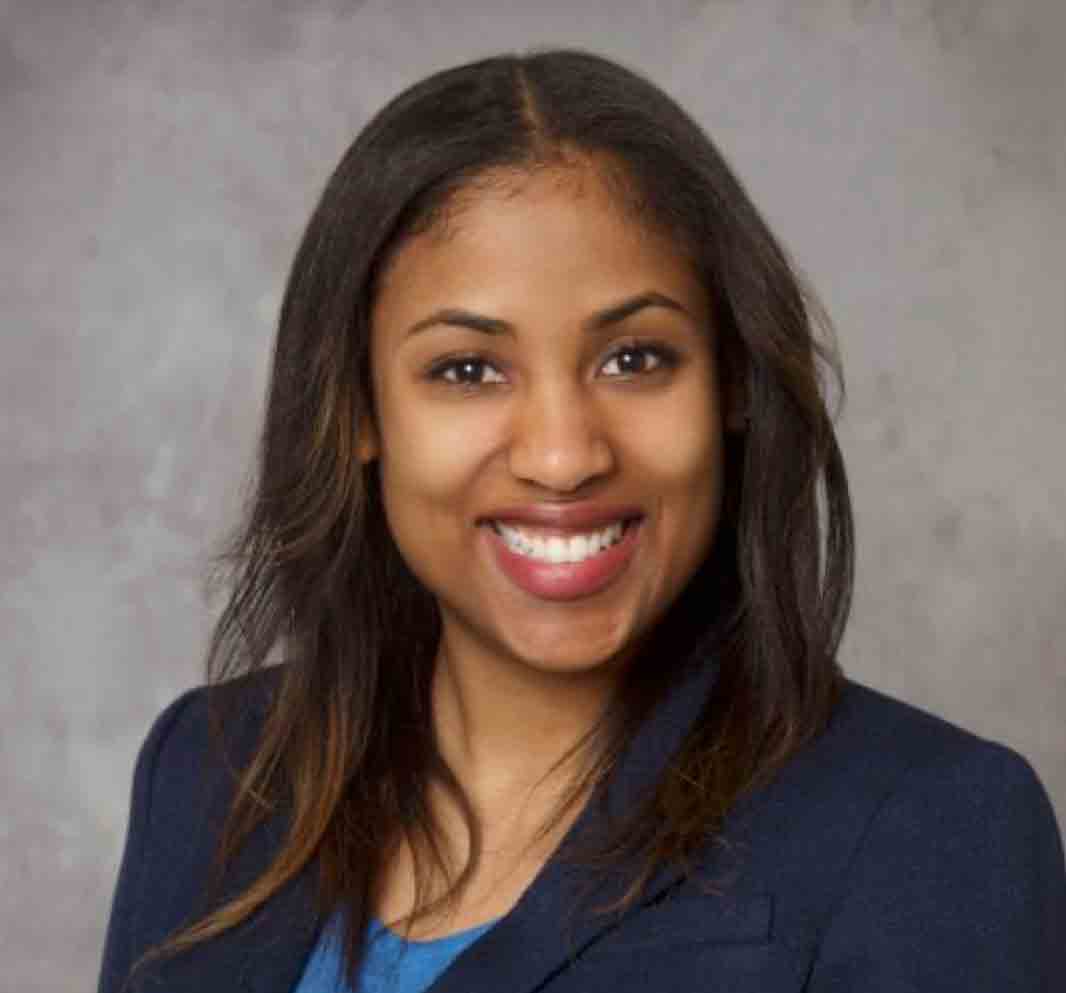
This year, InsideOut is focused on supporting our students and embracing opportunities that lie in the unexpected.
We understand that students have experienced a great deal of change and uncertainty over the past 6 months, and we want to be as sensitive and responsive as possible. This year, we are intentionally highlighting elements of our lessons that focus on social-emotional learning (SEL) to provide students meaningful opportunities to process their experiences, explore ideas and emotions, and express themselves.
We have also been working to help our writers bring their ideas and artistry to life in the virtual realm. We hosted interactive training showcasing a wide variety of technological features that can help bring the same dynamism and impact into the virtual space.

In our sessions, we ask kids to open up — that requires a safe space. In some cases, we have recognized where the virtual format can help us build a safer space than the classroom. For example, while it may seem small, allowing students to engage in exercises without requiring them to keep their cameras on at all times fosters a space where students feel their emotions are respected. It encourages students to assess their feelings and comfort level, and it empowers them to make decisions about their learning experience.
We also wanted to provide multiple opportunities for students to respond directly to each other, to build an environment of social learning. We recognize that creating culture and community is paramount to work we do. Kids can’t talk to each other in the same way they would in the classroom. We encourage and incorporate solutions in our virtual classroom. Breakout sessions, collaborative whiteboards, group and individual chats, polling, and emojis all contribute to a more social learning environment.
InsideOut’s programmatic goal is to help students connect with the literary arts while gaining skills to more fully express themselves and learning new ways to observe and respond to the world around them. In this new virtual space, our programming has become more important than ever as an opportunity for students to connect with themselves and others in authentic, engaging ways.

Michelle Bolofer
Program Director